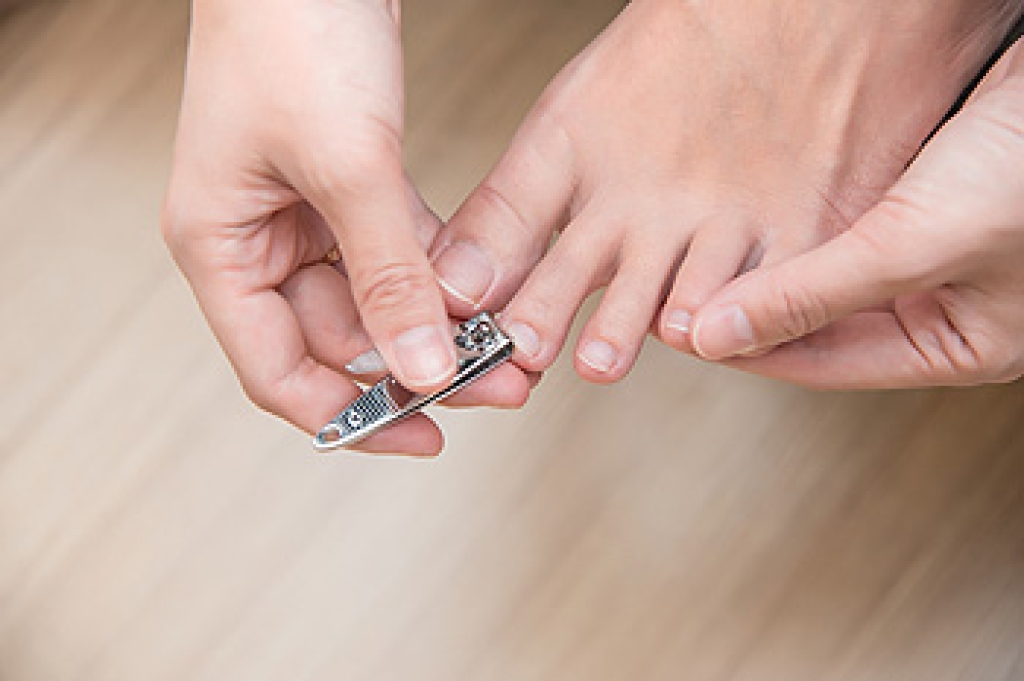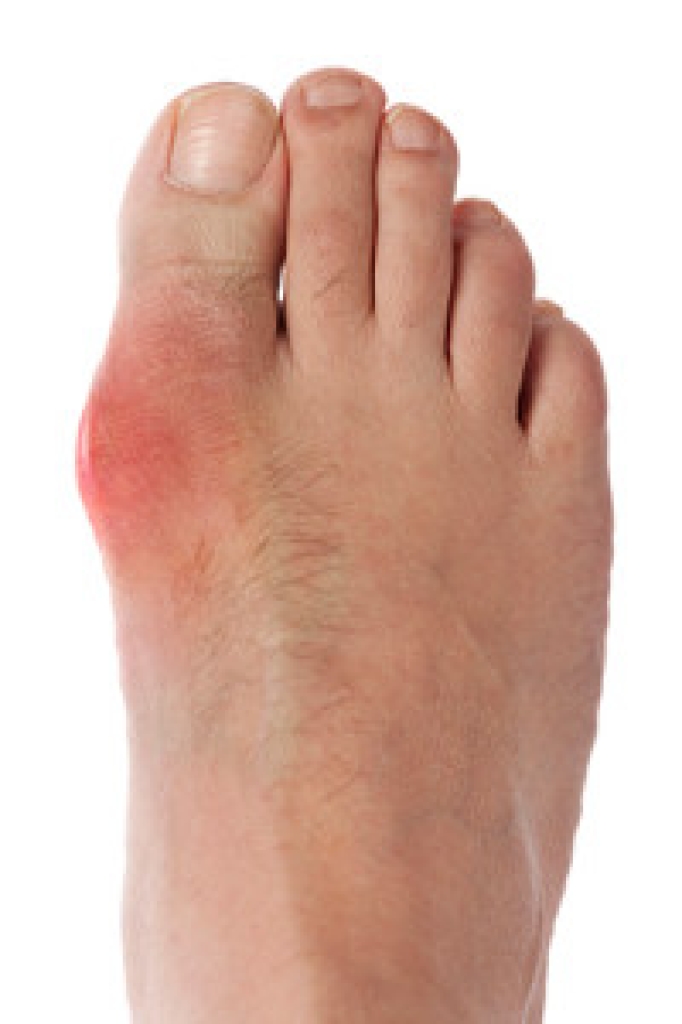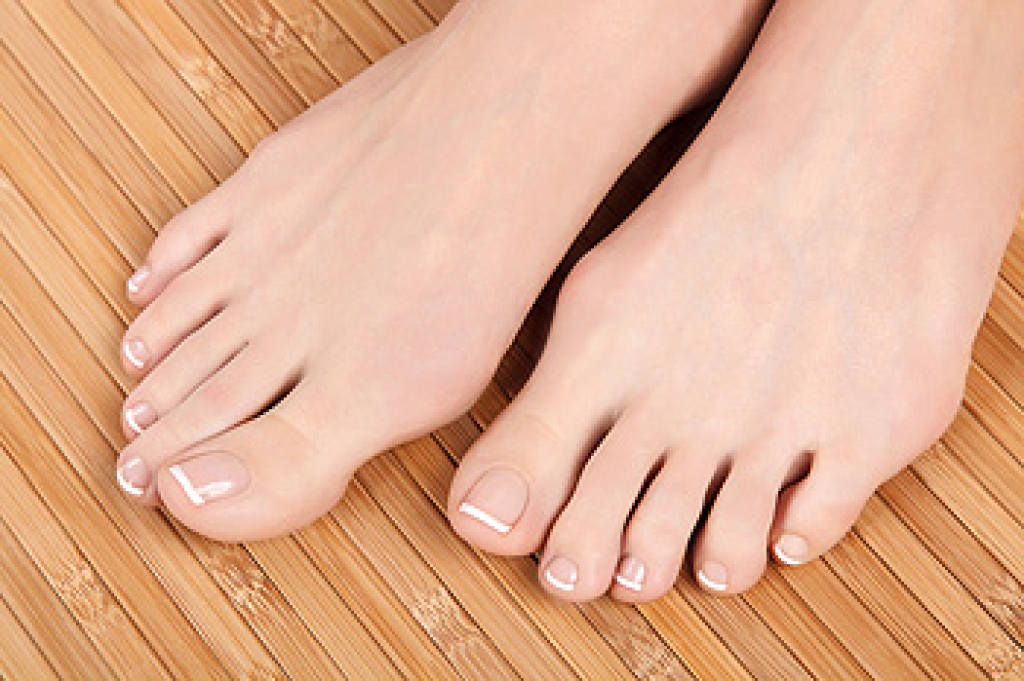 Veins are a vital part of the human body because they are responsible for sending blood back to the heart. When veins are varicose, the broken valves allow blood to pool in the legs, and the veins become swollen and twisted. Consequently, people with varicose veins will experience some symptoms including skin damage, swelling, discoloration, and ulcers. Many people with the condition have larger varicose veins that require minimally invasive surgical treatment. However, first line treatment usually involves heat therapy or thermal ablation. If you are looking for treatment for your varicose veins, you may be able to find help by seeing a podiatrist.
Veins are a vital part of the human body because they are responsible for sending blood back to the heart. When veins are varicose, the broken valves allow blood to pool in the legs, and the veins become swollen and twisted. Consequently, people with varicose veins will experience some symptoms including skin damage, swelling, discoloration, and ulcers. Many people with the condition have larger varicose veins that require minimally invasive surgical treatment. However, first line treatment usually involves heat therapy or thermal ablation. If you are looking for treatment for your varicose veins, you may be able to find help by seeing a podiatrist.
Vascular testing plays an important part in diagnosing disease like peripheral artery disease. If you have symptoms of peripheral artery disease, or diabetes, consult with one of our podiatrists from APEX Foot & Ankle Center. Our doctors will assess your condition and provide you with quality foot and ankle treatment.
What Is Vascular Testing?
Vascular testing checks for how well blood circulation is in the veins and arteries. This is most often done to determine and treat a patient for peripheral artery disease (PAD), stroke, and aneurysms. Podiatrists utilize vascular testing when a patient has symptoms of PAD or if they believe they might. If a patient has diabetes, a podiatrist may determine a vascular test to be prudent to check for poor blood circulation.
How Is it Conducted?
Most forms of vascular testing are non-invasive. Podiatrists will first conduct a visual inspection for any wounds, discoloration, and any abnormal signs prior to a vascular test.
The most common tests include:
- Ankle-Brachial Index (ABI) examination
- Doppler examination
- Pedal pulses
These tests are safe, painless, and easy to do. Once finished, the podiatrist can then provide a diagnosis and the best course for treatment.
If you have any questions please contact our offices located in Fort Myers, Shellpoint, and Naples, FL . We offer the newest diagnostic and treatment technologies for all your foot and ankle needs.




